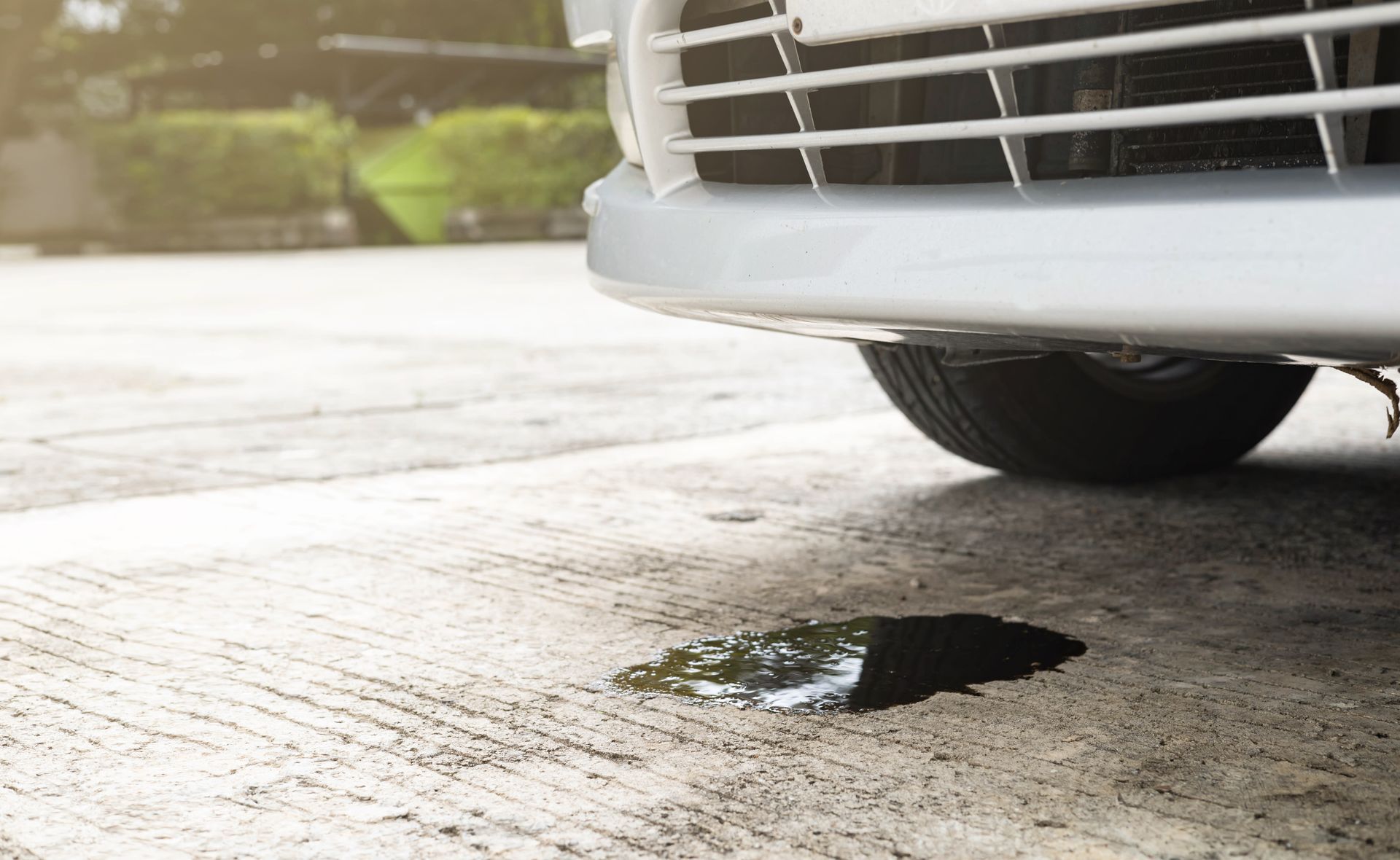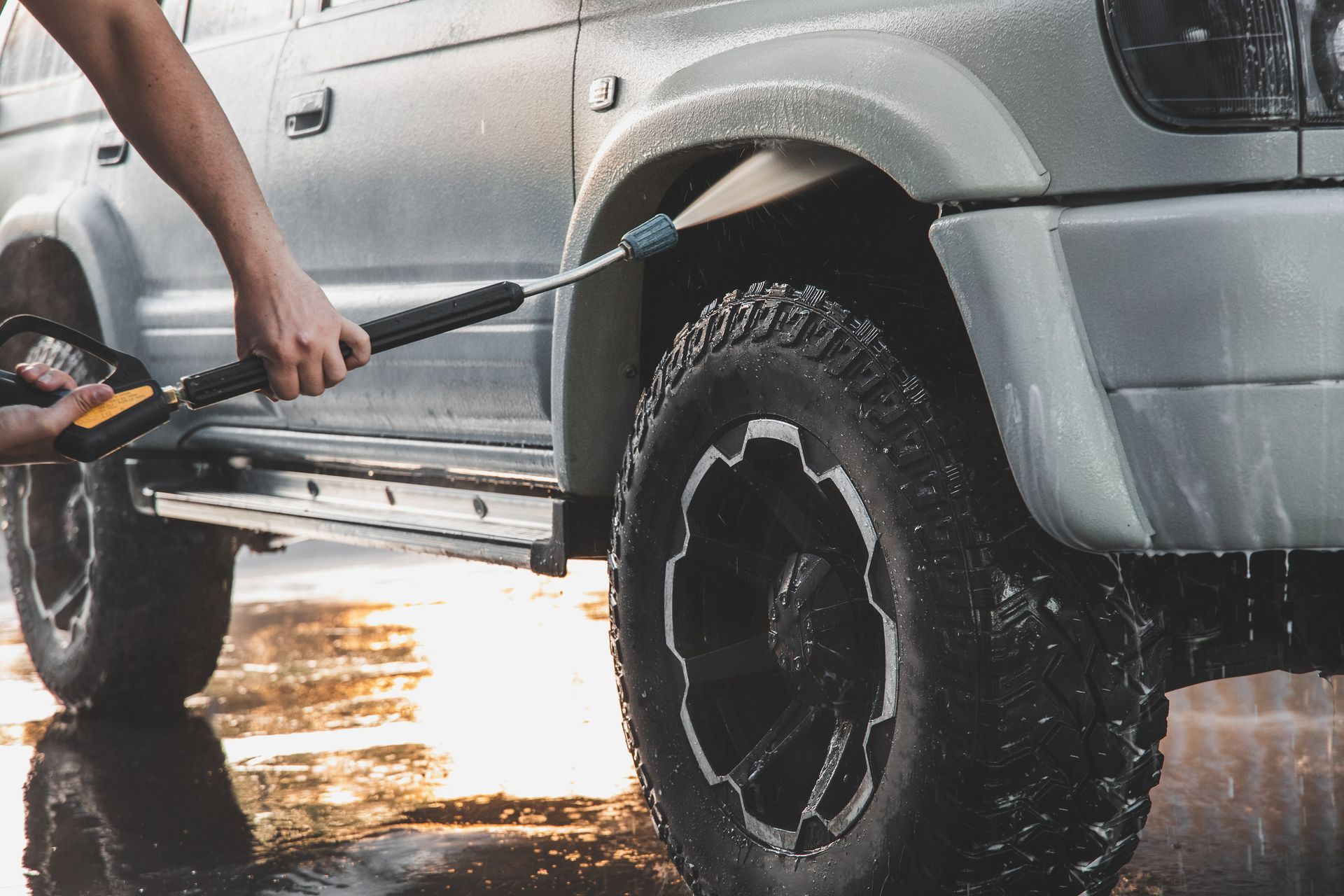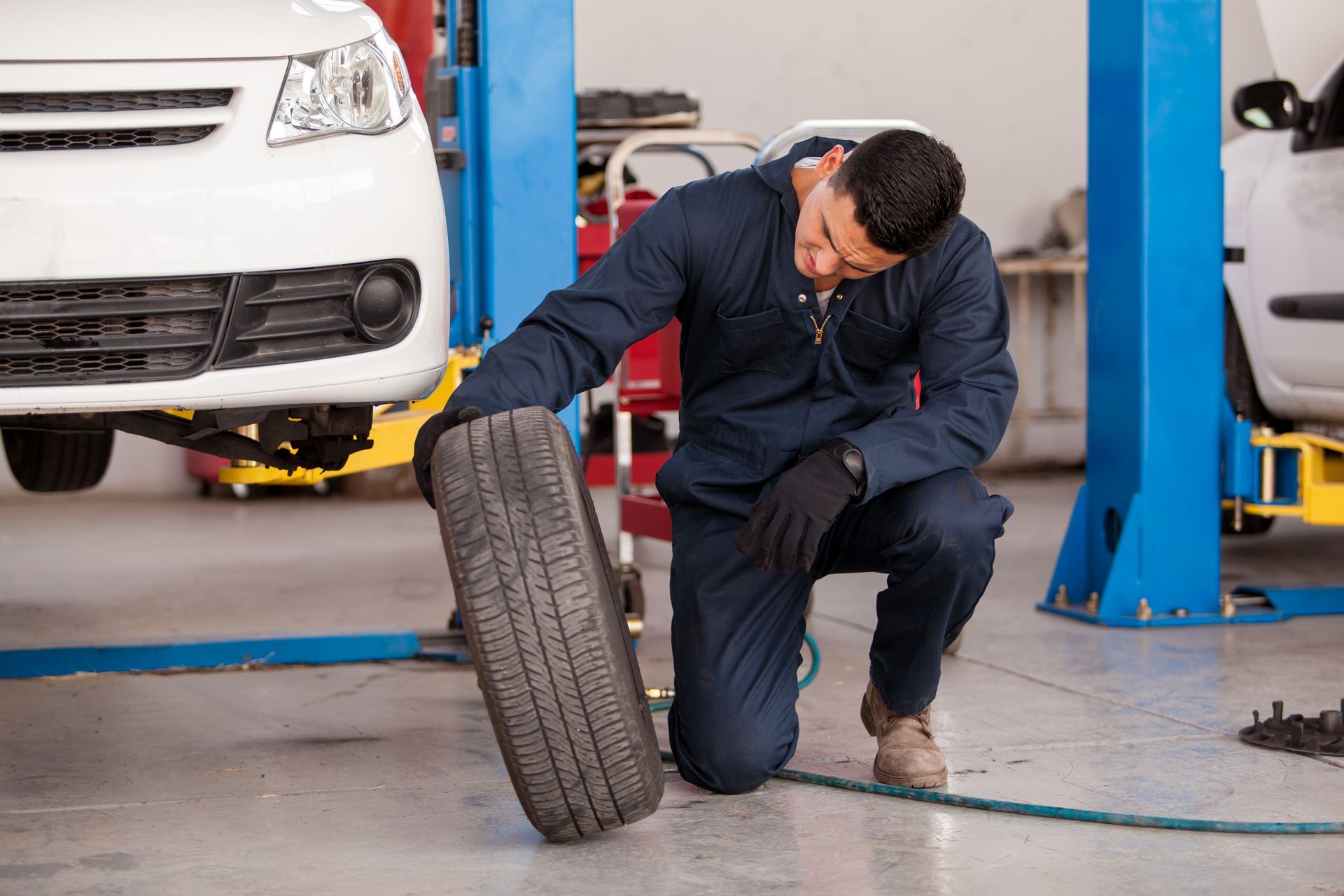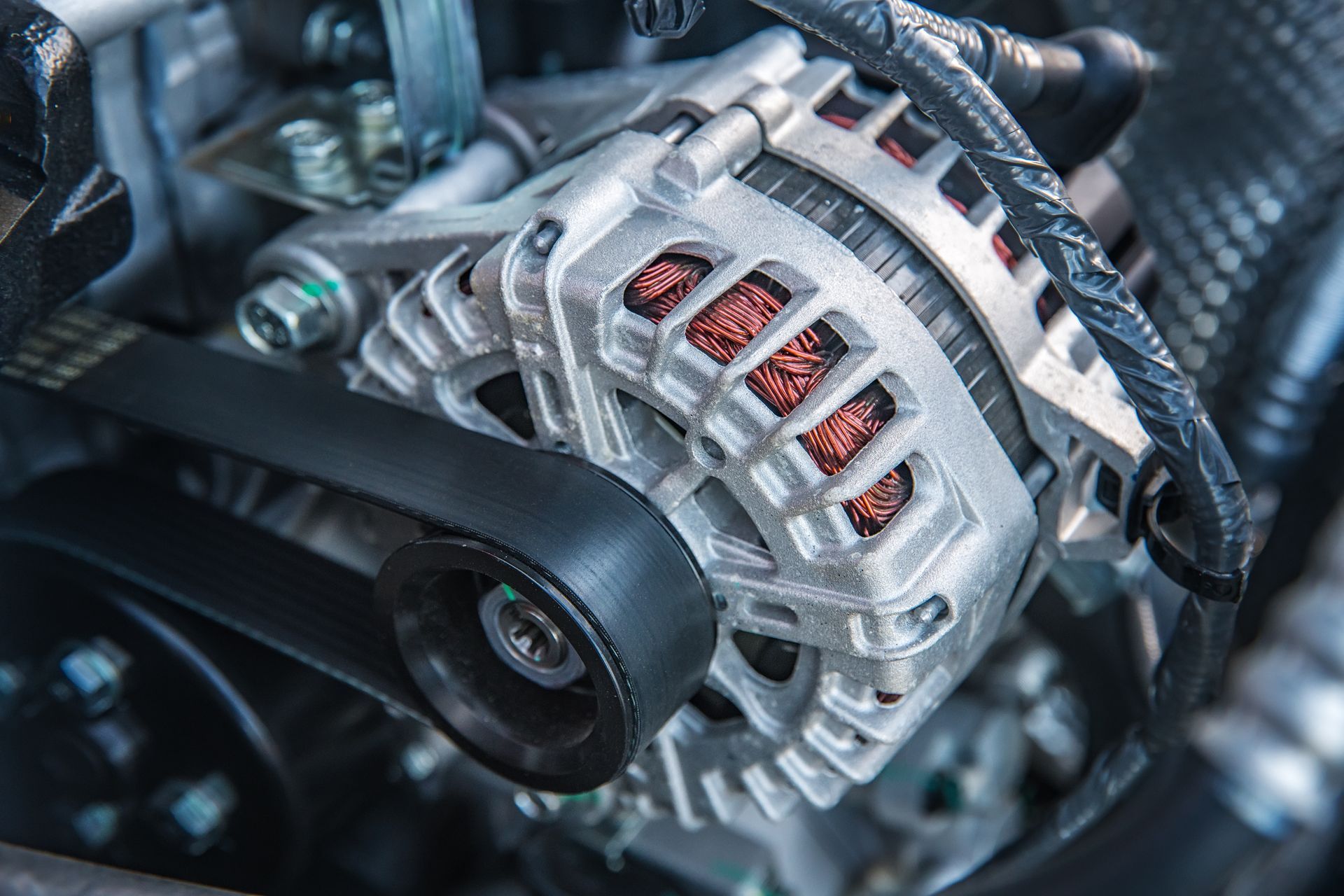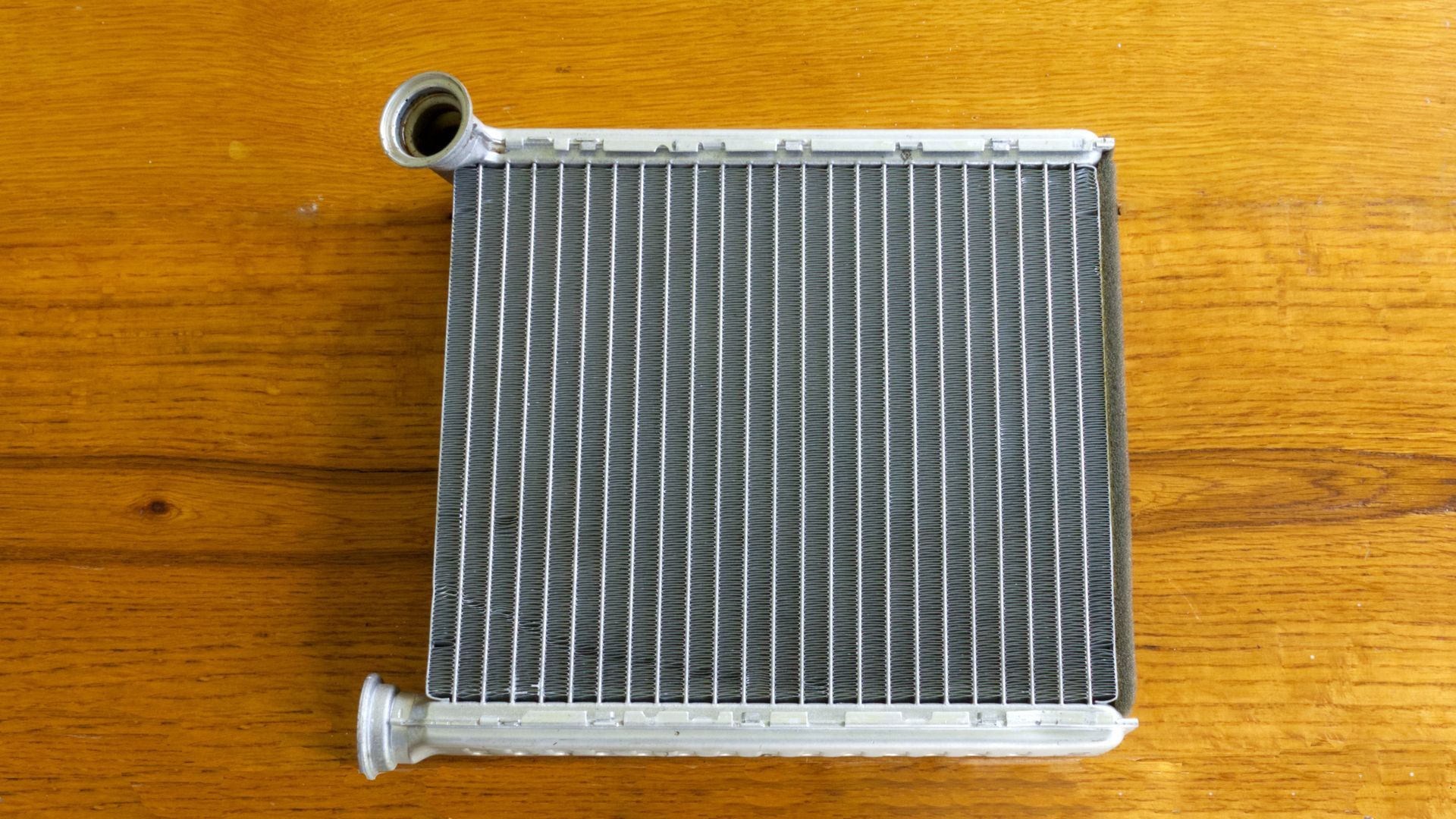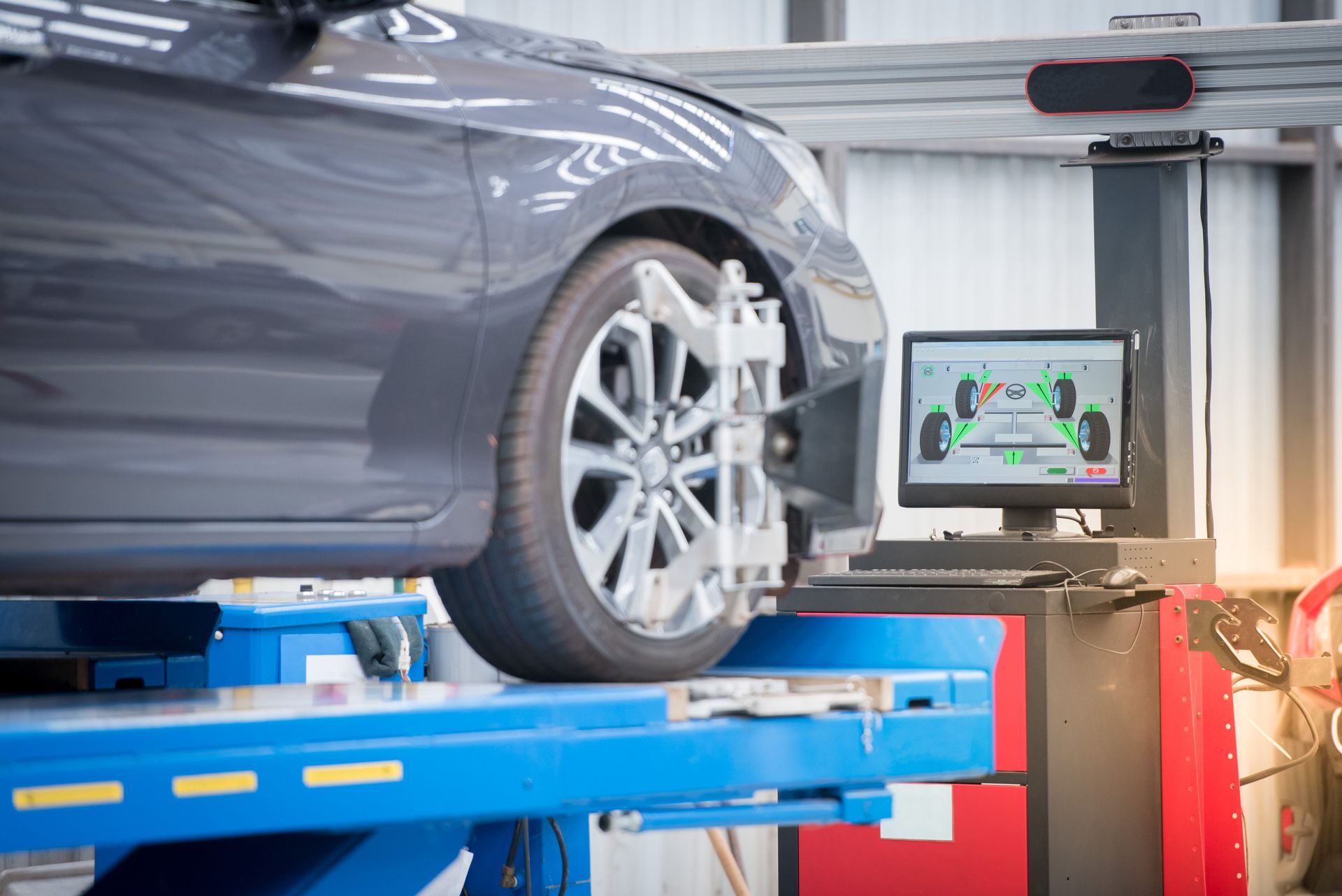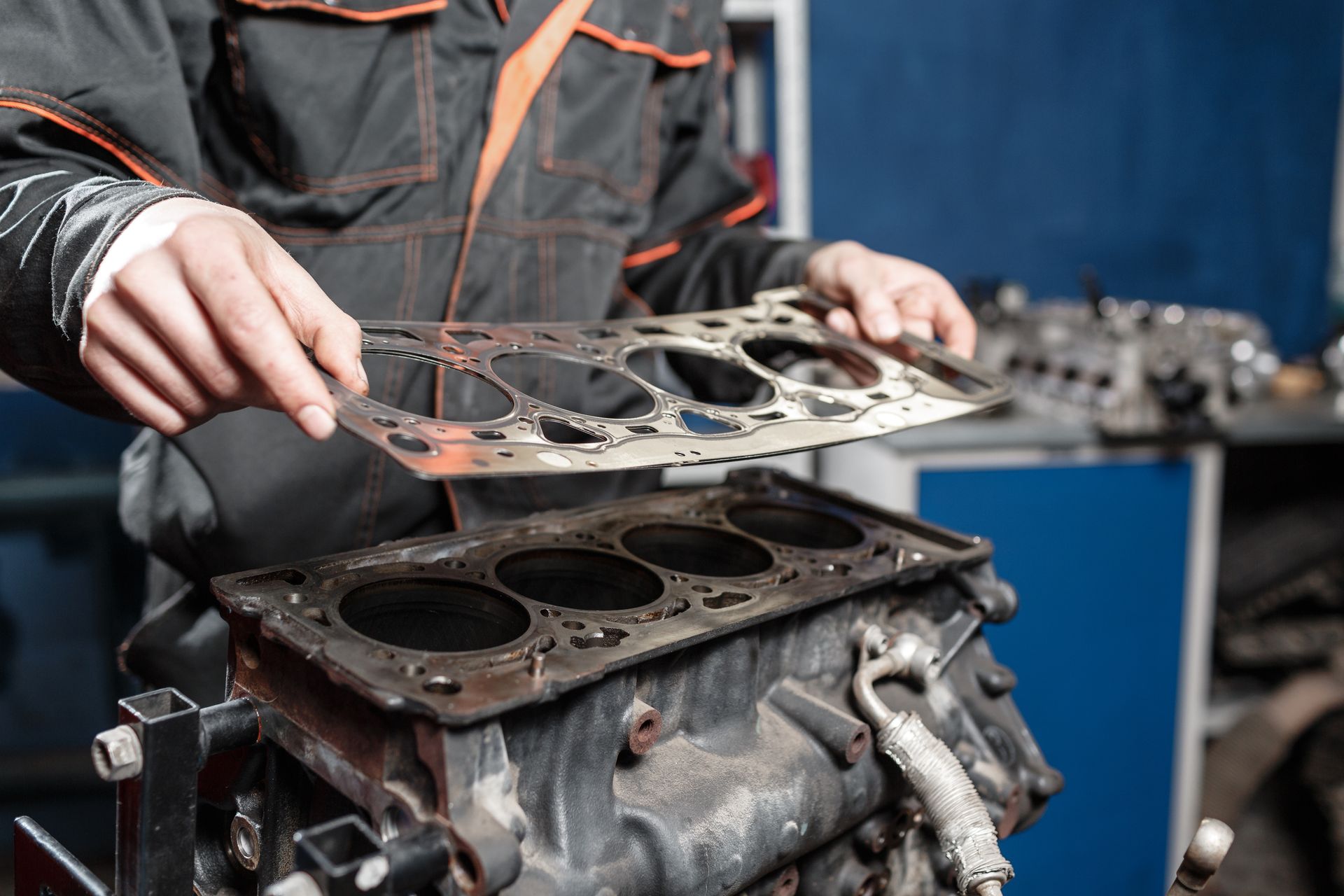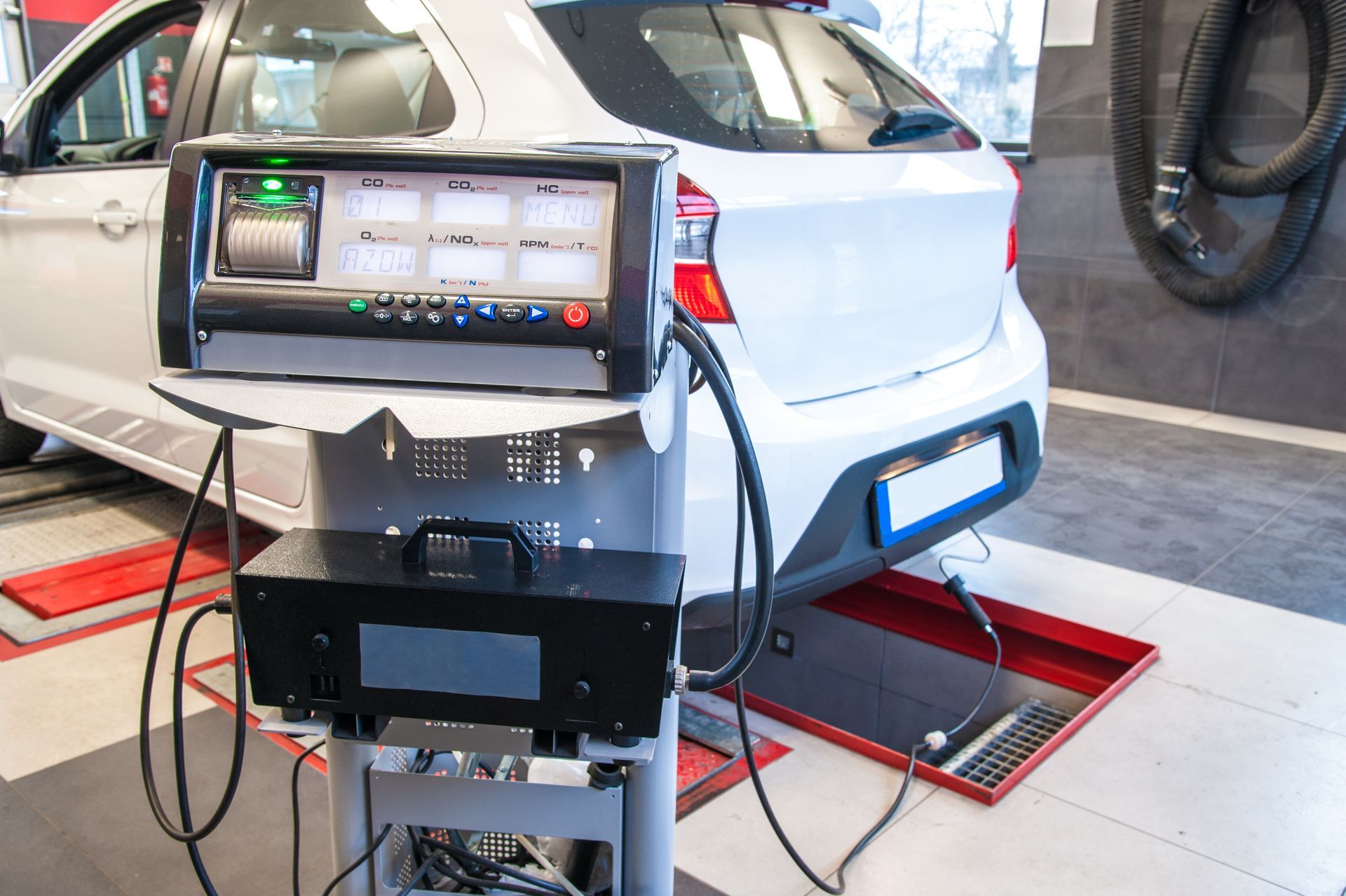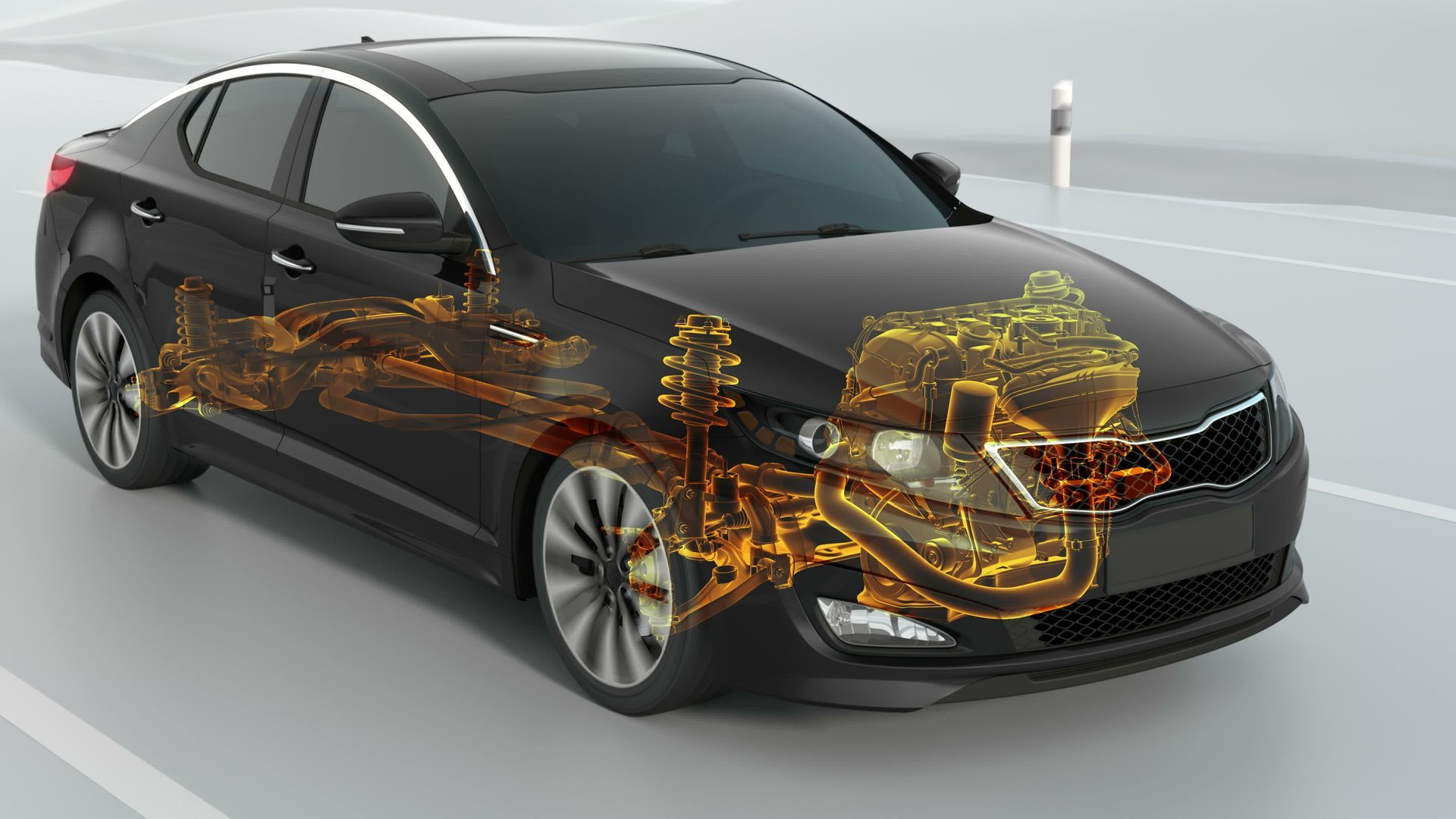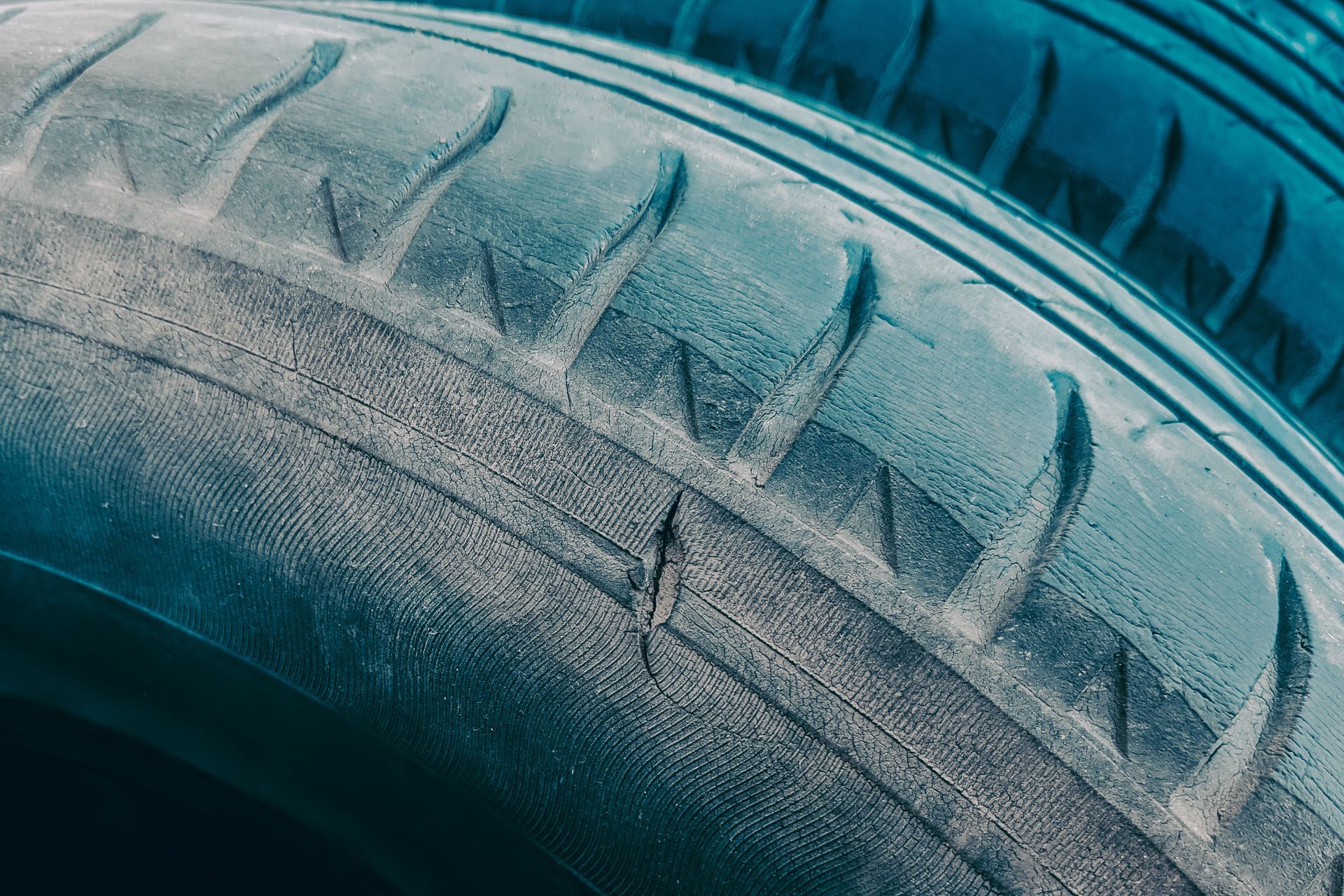Why & When To Change The Brake Fluid In Your Vehicle
October 28, 2023
Your car's engine roars with power, but have you ever thought about the unsung hero responsible for your safety? That's right, it's your brake fluid. Often overlooked, this vital component is the guardian angel of your braking system.
Brake Fluid
Brake fluid, while not the star of the show, plays a crucial role in your vehicle's safety. It's the unsung hero that ensures your brakes work when you need them the most. When you step on the brake pedal, the force is transmitted through the brake lines, and that's where the magic of brake fluid happens. This fluid transfers the pressure to the brake calipers, squeezing the brake pads against the rotors, and thus, slowing your vehicle down. Without it, you'd be hurtling toward danger every time you tapped the brakes.
Why Should Brake Fluid Be Changed?
|Hygroscopic Nature
Brake fluid is hygroscopic, meaning it loves to absorb moisture from the air. Over time, this can lead to a decrease in its boiling point, which can be disastrous. When brake fluid boils, it forms vapor bubbles, causing a spongy brake pedal and reduced braking efficiency. This is why it's crucial to change your brake fluid periodically.
|Corrosion Prevention
Your vehicle's brake system is a complex web of metal components. If the brake fluid becomes contaminated or deteriorates, it can lead to rust and corrosion in these crucial parts. Regular brake fluid changes can prevent this, ensuring your brakes work smoothly.
|Increased Performance
Fresh brake fluid performs better. It maintains a higher boiling point, resists moisture, and keeps your brakes responsive and dependable. For those who enjoy spirited drives or have heavy-duty vehicles, fresh brake fluid is a must.
When to Change Brake Fluid
The question of when to change your brake fluid isn't one-size-fits-all, as it depends on various factors:
1.
Manufacturer's Recommendation
Always consult your vehicle's owner's manual. Most automakers suggest changing brake fluid every two years, but it varies, so it's essential to follow their guidelines.
2. Driving Conditions
If you frequently drive in challenging conditions, such as hilly terrains, heavy traffic, or towing, your brake fluid may degrade faster. In such cases, consider more frequent changes.
3.
Brake System Inspection
Regular brake system inspections can reveal the condition of your brake fluid. If it appears discolored or dirty, it's time for a change. Mechanics use test strips to measure the moisture content in the fluid, indicating when it's time for replacement.
4.
Unusual Symptoms
If you experience a soft or spongy brake pedal, hear strange noises while braking, or notice a decrease in braking performance, don't wait – get your brake fluid checked and replaced if necessary.
So, remember, while you're focusing on the aesthetics and performance of your car, don't forget the hidden hero that keeps you safe – your
brake fluid. Book an appointment with us at
Gibbon Tire and Auto, and stay safe on the road!
Get In Touch
Our Location
Loading ...
Missing business hours data / Error occurred while getting the data.
Have Trouble Finding Us?
Loading ...
Missing nap lines data / Error occured while getting the data.

